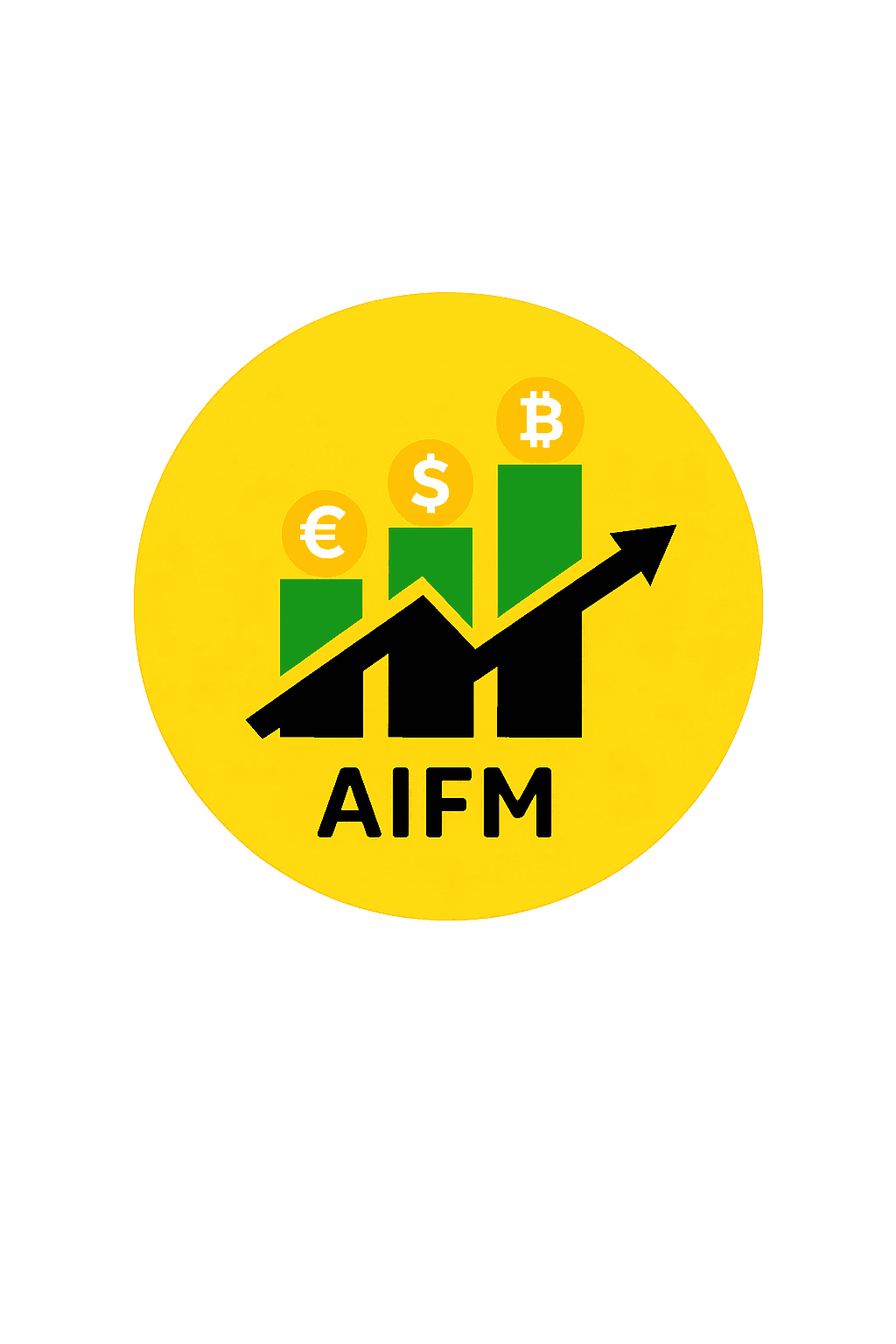Understanding the Luxembourg Soparfi
The term “Soparfi” may not ring a bell for many, but it holds significant importance. Soparfi stands for “Société de Participations Financières,” a Luxembourg-based legal structure designed primarily for the holding and management of financial interests in various companies, both domestically and internationally. Beyond parent holding company, Soparfi is granted the flexibility to engage in a spectrum of commercial, industrial, or financial activities directly or indirectly linked to the management of its participations.
A fiscal efficient tool: the allure of Soparfi in Luxembourg
Luxembourg has perennially been an attractive hub for businesses, and its geographical positioning at the heart of Europe enhances its appeal as a major economic crossroads. However, the true magnetism lies in its tax regime, boasting one of the lowest corporate tax rates within the European Union. What further enhances Luxembourg‘s allure is its extensive network of non-double taxation agreements with numerous nations, sparing businesses the burden of being taxed twice on the same income.
Soparfi, being a Luxembourg-based entity, is privy to the benefits of the European Union’s Parent-Subsidiary Directive. This directive facilitates the exemption of taxes on dividends and capital gains derived from participating in EU-based companies, subject to specific conditions.
The Soparfi’s tax advantages
Reiterating the fiscal advantages of Soparfi is pivotal, as they play a pivotal role in attracting businesses. Although Soparfi is subject to corporate income tax, it enjoys a host of exemptions and deductions:
Dividend Exemption: Dividends received from subsidiaries are exempt from taxation if Soparfi holds a minimum of 10% of the subsidiary’s capital or if the value of the participation amounts to at least €1.2 million.
Interest Deduction: Another significant advantage is the deductibility of interest paid on loans taken for acquiring participations in other companies from the taxable income of Soparfi.
Capital Gains Exemption: Under specific conditions, capital gains arising from the sale of participations are exempt from taxation.
Soparfi’s duties: navigating the legal landscape
While enjoying tax advantages, Soparfi, like any other business entity, is not exempt from obligations. These include maintaining regular accounting practices, filing annual financial statements with the Luxembourg Trade and Companies Register, and paying an annual subscription tax based on share capital, share premiums, and reserves. Compliance with Luxembourg’s corporate laws, particularly those governing governance and decision-making, is mandatory.
Types of legal forms to shape your Soparfi
Soparfi is not a one-size-fits-all entity; it offers various legal forms to suit diverse needs. The choice of legal structure depends on factors such as the size and nature of the business. Here are some options:
SARL (Société à Responsabilité Limitée): Suited for small and medium enterprises, SARL has a minimum share capital requirement of €12,000. The liability of associates is limited to their contributions.
SA (Société Anonyme): This is the most common form for a Soparfi, providing flexibility in share and voting rights transfer. The minimum share capital required is €31,000, and shareholders are only liable for the company’s debts up to their contributions.
SCA (Société en Commandite par Actions): An SCA is a limited liability capital company with two types of associates – commandités with unlimited liability and commanditaires with liability limited to their contributions.
Cooperative: Although less common for a Soparfi, the cooperative form may be suitable for businesses looking to directly involve employees or customers in management and profit-sharing.
Quick steps to register your Holding Company in Luxembourg
Now that the intricacies of Soparfi and its tax benefits have been unveiled, let’s explore the detailed process of creating a holding company in Luxembourg:
Choosing Legal Form: The first crucial step is deciding the legal structure of your Soparfi, considering factors such as size, nature, and long-term goals.
Drafting Articles: Following the choice of legal form, the next step involves drafting the articles of association of the company. These articles of association define the operational rules, capital distribution, and decision-making processes within the Soparfi.
Capital Subscription: Once the articles are in place, the share capital must be subscribed to. The minimum amount varies depending on the chosen legal form – €31,000 for an SA and €12,000 for an SARL.
Registration: the Soparfi must be registered with the Luxembourg Trade and Companies Register. This step is indispensable for the legal existence of your Soparfi.
Ongoing Compliance: Beyond the creation phase, adhering to ongoing compliance is crucial. This includes maintaining regular accounting practices and annually submitting financial statements to the Luxembourg Trade and Companies Register.
Damalion is an international corporate service provider that assist you to structure and register your holding and finance company in Luxembourg. Please contact your Damalion experts now.
Exploring the dynamics of Luxembourg SOPARFI to structure your investments
For entrepreneurs, family offices, private equity, venture investors, and international groups • This overview explains what a SOPARFI is, how it is formed, how it is taxed in 2025, and which documents and controls are standard. Acceptance by counterparties and authorities remains at their sole discretion.
Last updated:What is a SOPARFI?
A SOPARFI is a fully taxable Luxembourg company used to hold and manage investments. It may also carry related financing and treasury activities. It is not a regulated fund. It uses standard corporate forms such as SA, SARL, or SCA. It must keep proper accounts, file annual returns, and meet substance rules in Luxembourg.
Common legal forms
| Form | Share capital (min.) | Notes |
|---|---|---|
| SARL | EUR 12,000 | Popular for closely held holdings. Quotas (shares) not freely transferable. |
| SA | EUR 31,000 | Flexible share transfer, suited for larger groups and financing. |
| SCA | EUR 31,000 | Partnership limited by shares; general partners have unlimited liability. |
Documents usually required
- Draft articles of association and corporate purpose.
- Shareholder and director IDs; proof of address; tax information.
- Ownership chart and UBO details for the RBE filing.
- Evidence of source of funds for capital and acquisitions.
- Board rules, signatory powers, and internal controls.
- For acquisitions: purchase agreements and financing terms.
Governance and substance
Hold meetings in Luxembourg. Keep a Luxembourg registered office. Ensure directors can make decisions in Luxembourg and have access to information. Keep records, contracts, and bank accounts consistent with the business. Use arm’s-length pricing for intra-group deals. Maintain staff or outsourced functions as needed for real activity.
Tax in 2025 at a glance
- Corporate income tax (CIT): 16% main rate from 1 January 2025. With municipal business tax and employment fund, the aggregate in Luxembourg City is about 23.87%.
- Net wealth tax (NWT): minimum based on total balance sheet: EUR 535 (≤ EUR 350k), EUR 1,605 (> EUR 350k ≤ EUR 2m), EUR 4,815 (> EUR 2m).
- Participation exemption (dividends/capital gains): available if conditions are met (see FAQ). From 2025, a taxpayer may opt to waive the exemption in specific cases.
- Withholding tax on dividends: 15% domestic rate; may be reduced to 0% under EU rules or treaties if conditions are met.
- Withholding on interest/royalties: generally none in standard cases; anti-abuse rules apply.
- Financing rules: interest limitation rule (30% EBITDA or EUR 3m safe-harbor), transfer pricing for intra-group financing, anti-hybrid rules.
Formation and operation
- Choose SARL, SA, or SCA. Define a clear holding and financing purpose.
- Open capital, sign notarial deed, and register at the Trade and Companies Register (RCS).
- File UBO details with the RBE. Put accounting and tax compliance in place.
- Set board routines, signing limits, and treasury procedures.
- Document acquisitions and loans with arm’s-length terms. Keep evidence of decisions and payments.





























